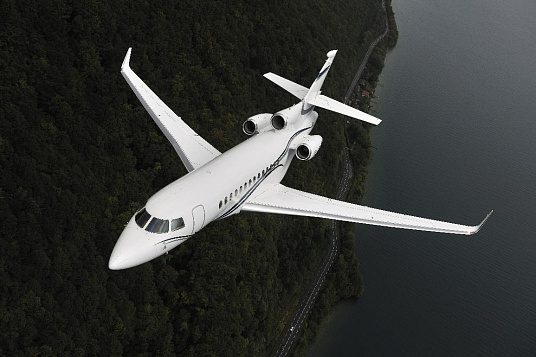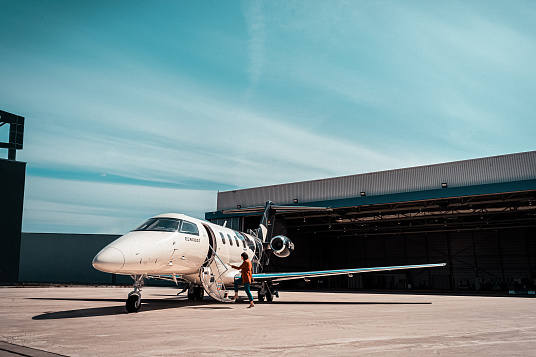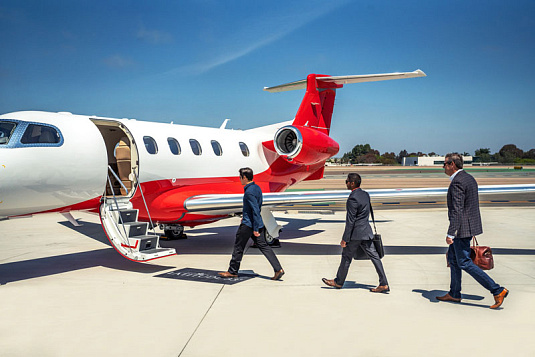Presentation of an aircraft: designer's tips

If you have a private aircraft, it is possible sooner or later you want it to work for you and bring a stable income when you are not using it. For example, you may want to rent it out or give a management company the right to organize charter flights. Finally, it may be necessary to sell the aircraft. In any case, the aircraft will appear on a very saturated market, where supply — both renting out or selling — significantly exceeds demand.
Can you be sure the potential buyer or renter pays attention to your proposal? There are many ways to achieve this, and one of them is the correct presentation of the aircraft. On the website "Universal Weather and Aviation" professional photographer and owner of the company Jay Davis Aviation Photography, Jay Davis, gives several recommendations how to take photographs of a private aircraft that are suitable for its advertising. Taking his tips into account will allow you to emphasize the external and internal beauty of the aircraft as much as possible.
1. Background and foreground
If, at the time of shooting, your aircraft is outside the hangar, you have to think about many details of the future snapshot. Most important factors are background objects behind the aircraft and objects that will be in the foreground, in front of the aircraft. What should the background behind the aircraft be like? The hangar building and other airfield structures, logos of the fuel brand or local FBO, other aircraft, vehicles or airfield equipment... All this is completely unnecessary and distracts the viewer from the main object of the snapshot — your aircraft! Also, in the foreground of the snapshot, there may happen to be some unnecessary details: brightly colored cones and flags of the airfield road marking, wheel chocks that go under the aircraft's wheels, tow cables and hooks, antennas, some other parts and devices, communication elements and the shadows cast by them. The photo of your aircraft will be much more attractive if you delete all the listed objects from the image. In reality, it is often impossible to find the appropriate background — you will have to resort to the means of computer image editing.
2. Weather conditions
You will, probably, have to postpone the photo session of your aircraft more than once, waiting for the optimal meteo conditions. Rain, snow, wind, heavy clouds — all these weather phenomena can spoil the picture, make it dull and lacking contrast. To avoid meteorological troubles, you may have to decide to do the shooting in a covered hangar; of course, if the size of the premises available to you allows you to do so. Such a snapshot will also require further computer processing: with sufficient editing skills, the result may look as if the picture of the aircraft was taken outdoors on a beautiful sunny day, or, as an option, — even at night, which will enhance the artistic effect of the photo and, possibly, attract more attention of the target audience to your advertisement.
3. Most important: correct lighting
The key to success in aircraft photography is good lighting. In the event that you decide to carry out the shooting outdoors, the best option is to schedule the photo session for an early morning or evening. In these time periods, the sun is at an angle that creates the best conditions for lighting the object. And, of course, it's best to avoid photographing an aircraft in the period from 10am to 3pm, when the sun is at the zenith and illuminates the object in a most unsuccessful way. It is also important to choose the right angle, taking into account the relative position of the aircraft and the source of lighting — natural or artificial. If the aircraft is located in front of the light source, a backlight effect will be created that will distort the outlines and details of the aircraft, its image will look dark or, worse still, as a silhouette. Taking into account these factors when shooting, you will be able to fully demonstrate the beauty of your aircraft.




